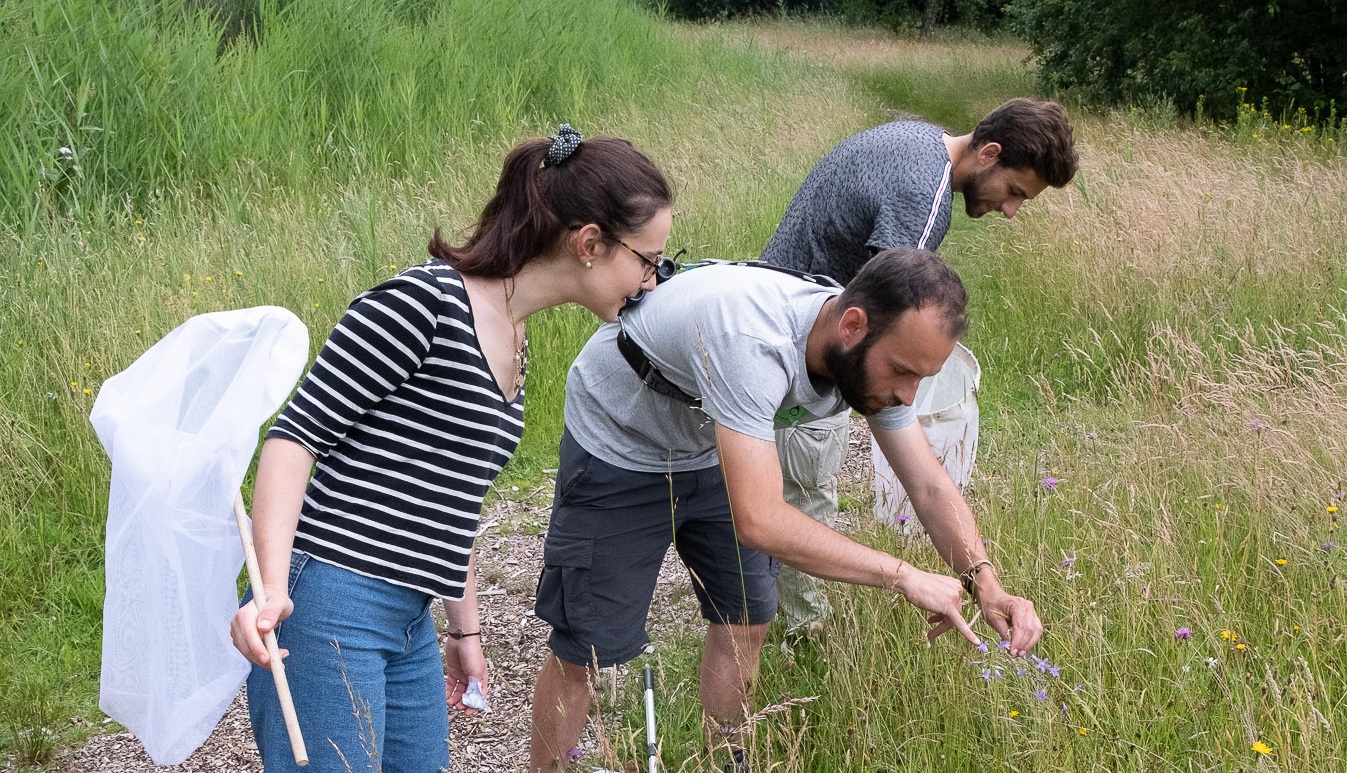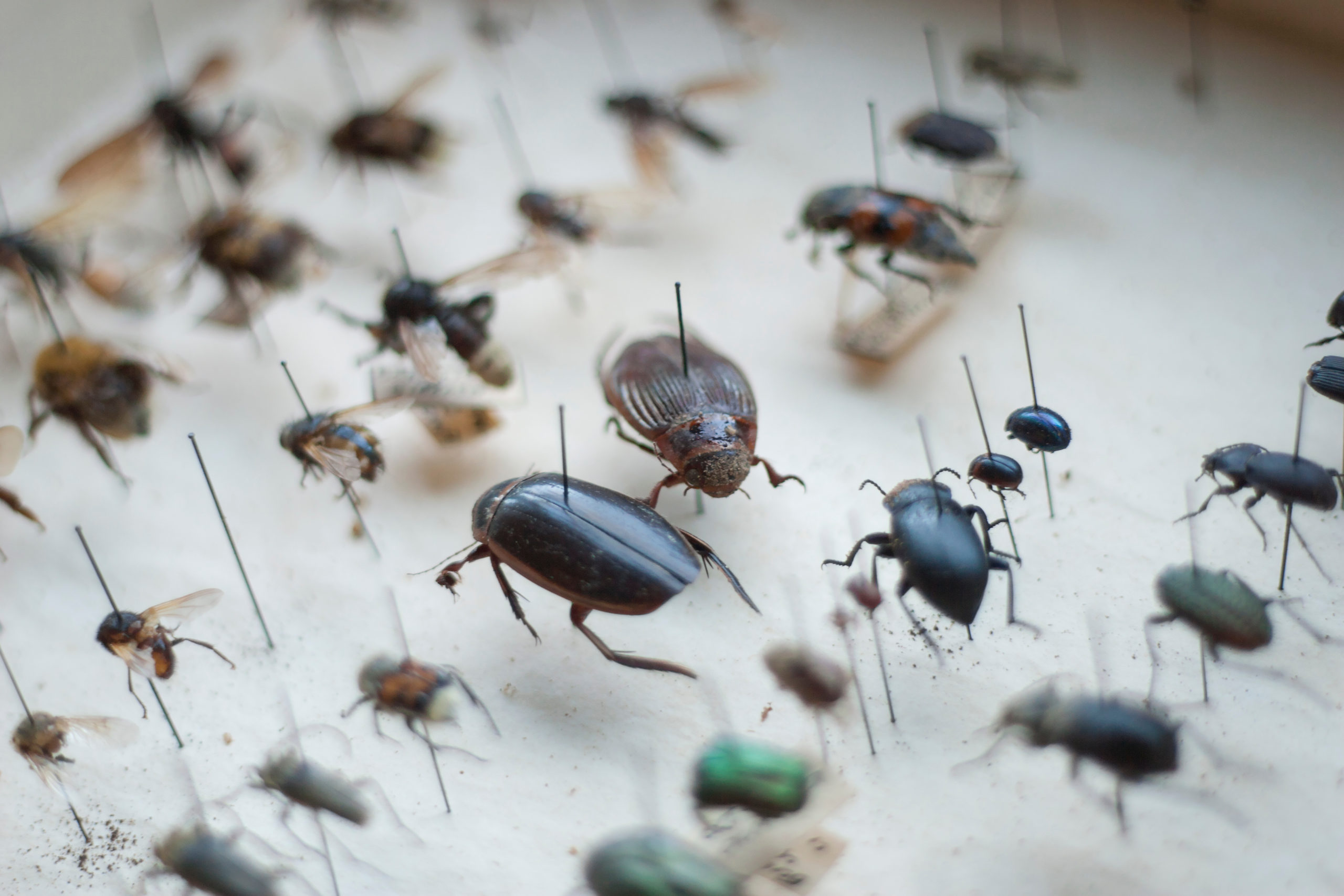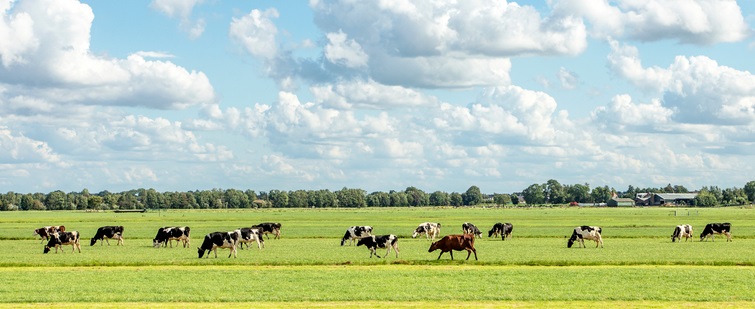Dutch banks, insurance companies and pension funds could see investments worth hundreds of billions go up in smoke due to loss of biodiversity, say the Dutch central bank DNB and the Netherlands Environmental Assessment Agency (PBL). A wake-up call? That remains to be seen, says emeritus professor Matthijs Schouten (Ecology and Nature Management).
According to the PBL and the DNB, the Dutch financial sector is vulnerable to biodiversity loss, partly due to the 500 billion euros they have invested in companies that are highly dependent on ecosystem services. Schouten: ‘An understanding of the economic value of biodiversity, or, more broadly, nature, is nothing new. It was scientifically proven a long time ago, for instance, that nature contributes substantially to people’s wellbeing, and saves the Netherlands alone at least two billion euros a year in healthcare costs. We have also known for a long time that leisure activities out in nature generate billions of euros per year, possibly more than agriculture if calculated per hectare. And yet we see none of that reflected in the economic models adopted by the Netherlands, in which nature is conspicuous for its absence.’
Will this study by PBL/DNB change that?
‘I doubt it. Politicians have underestimated the economic value of nature for many decades. I think it’s a good development in itself that the DNB and the PBL are now warning so explicitly about the economic and financial risks of biodiversity loss. But society is so used to taking nature for granted and seeing it as a consumer good that you can use to your heart’s content without ever paying a price… I doubt whether the warning from the DNB and the PBL will have enough impact to turn the tide. I reckon the lockdown period we’ve just had will influence the way we think about nature far more.’
You mean because we’ve experienced nature without the traffic noise, vapour trails and air pollution? ‘Yes. Here in the Netherlands that was quite an experience at times, so just imagine what it was like in places like Delhi: young people there could see the peaks of the Himalaya on the horizon for the first time in their lives. An experience like that can have a life-changing impact. I don’t expect a report like this one from the PBL to have much impact, but I am hopeful that the coronavirus crisis will bring about real change. I’m noticing that the younger generations in particular really do want us to change course.’

 Foto: Shutterstock
Foto: Shutterstock 

